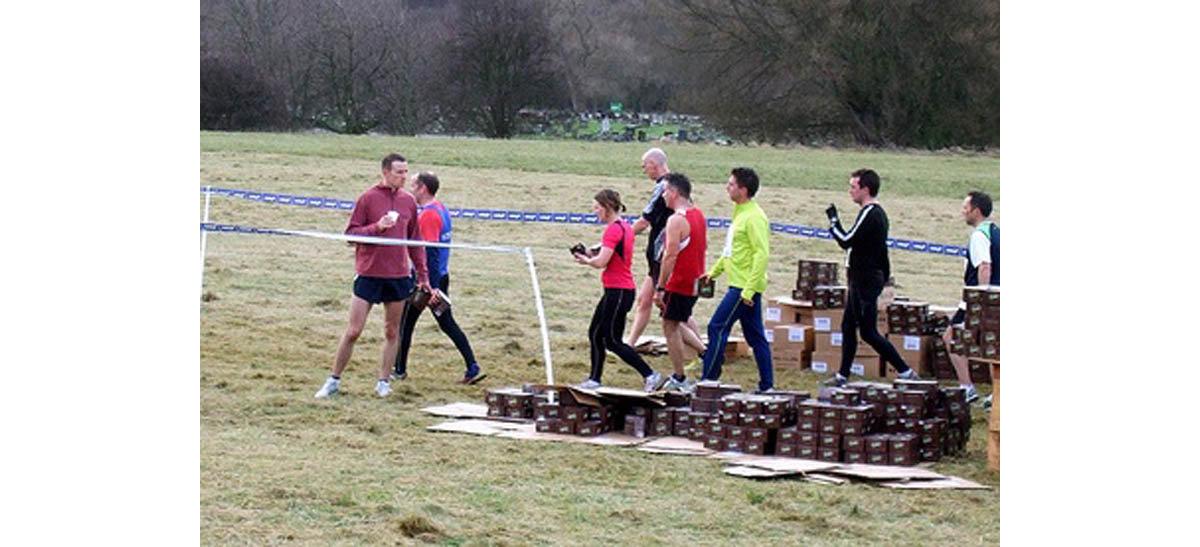Table of Contents
The answer is in the affirmative, and there is clinical research to back up the suggestion.

About 15 years ago, an athletic trainer at Ball State University in Indiana named Thomas Weidner wondered what he should tell athletes about exercise when they got colds. Athletes on college football and basketball teams are especially loathe to let themselves get out of shape when their teams are counting on them. But Weidner worried that working out too hard at the wrong time might actually decrease athletic performance.
Weidner asked Ball State exercise physiologist Leonard Kaminsky to organize a study involving 21 women and 24 men aged 19 to 28 who were at varying levels of fitness. These volunteers agreed to be deliberately infected with a rhinovirus, one of the kinds of viruses that causes about 1/3 of all cases of common cold. Another 10 men and women who did not receive virus served as controls.
The rhinovirus was dropped into the noses of the 45 volunteers, and all 45 got head colds. Two days later, when their symptoms were at their worst, the volunteers were asked to come to the gym and work out on treadmills at moderate to intense speeds.
To Kaminsky's surprise, catching a cold seemed to have no effect on the volunteers' exercise capacity or lung performance. They breathed just as well and exercised just as hard when they had colds as when they didn't. The difference was that the volunteers who had head colds reported feeling more fatigued after exercise than the volunteers who did not.
Dr. Kaminsky then devised an experiment to determine whether exercise had any effect on how fast exercisers get over colds. This time he recruited 34 volunteers to be given the rhinovirus and 16 volunteers to serve as controls. He asked volunteers in the exercise group to run on treadmills for 40 minutes every other day at 70% of their maximum heart rate.
READ How to get rid of the common cold quickly?
The volunteers were queried every 12 hours about how much exercise they had gotten other than the treadmill workouts and how they felt. The researchers weighed discarded tissues to estimate the volume of mucus produced by the colds.
Dr. Kaminsky and his colleagues found that exercise had no effect on the objective symptoms of having a cold, although some of the exercisers reported that working out made them feel better. Athletes at Ball State are now advised to continue their workouts when they come down with colds, with gym staff taking precautions to ensure that equipment stays clean so colds and flu are not passed from one student to another.
The kind of colds that don't effect exercise, however, are head colds with runny nose or congestion. It is still not a good idea to work out when a cold causes chest congestion, and no one should work out when breathing is labored or the sense of balance is compromised. As long as you are listening to your body, it's OK to work out with a chest cold. But if you are working out when you have a chest cold, are you really listening to your body?
- Weidner TG, Cranston T, Schurr T, Kaminsky LA. The effect of exercise training on the severity and duration of a viral upper respiratory illness. Med Sci Sports Exerc. 1998 Nov
- 30(11):1578-83.
- Weidner TG, Anderson BN, Kaminsky LA, Dick EC, Schurr T. Effect of a rhinovirus-caused upper respiratory illness on pulmonary function test and exercise responses. Med Sci Sports Exerc. 1997 May
- 29(5):604-9.
- Photo courtesy of foshydog on Flickr: www.flickr.com/photos/foshydog/3208368220
- Photo courtesy of purplespace on Flickr: www.flickr.com/photos/purplespace/5254613110

